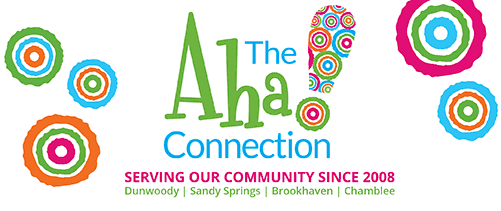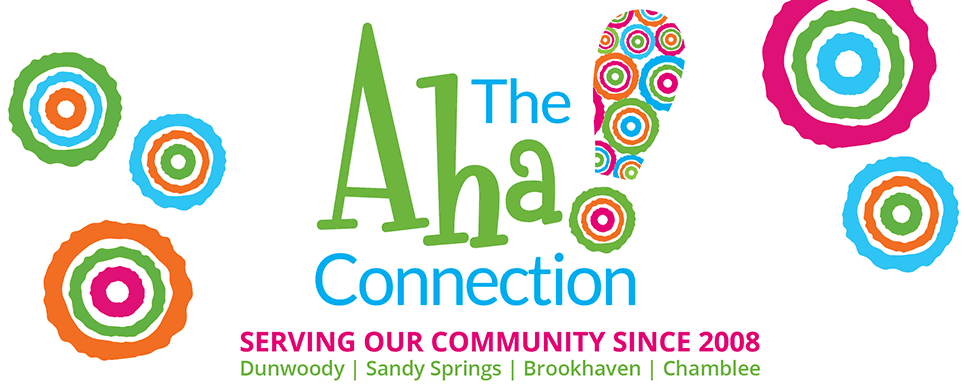 by Meredith Metscher, MPH of Atlanta Specialized Care for The Aha! Connection
by Meredith Metscher, MPH of Atlanta Specialized Care for The Aha! Connection
Shame is a universal part of the human experience and yet, it lies in the shadows, often undiscussed. It is important to make the distinction between shame and remorse. Remorse can be a healthy part of someone’s emotional experience. It can help you reevaluate your thought patterns and behaviors when they cause problems and hurt others or yourself. On the other side, shame drastically distorts your perception of yourself and can have detrimental effects on your quality of life.
Toxic shame can influence an individual to believe in an alternate-reality, one where the person is deeply flawed past the point of return. All of this happens as an internal process that permeates through us and not only impacts our behavior but also increases our risk for developing mental health challenges, such as depression and anxiety. Self-esteem can either protect you from or put you at risk for shame– the more self-esteem you have, the less likely you are to experience problematic amounts of shame.

So how can we cope with this universal experience? Shame loses its power when faced with empathy. One of my favorite quotes from Brené Brown, LCSW and renowned shame researcher, is that “only when we’re brave enough to explore the darkness will we discover the infinite power of our light”. In her book Daring Greatly, she outlines four steps to building shame resilience, or the ability to face shame head on.
Step 1 – Recognize when you are in shame, what triggered it, and what it is saying to you.
Step 2 – Reality check the expectations and messages that drove the shame. Are these things practical? Do you actually want them or are they expectations of someone else for you?
Step 3 – Reach out to others so that you can receive empathy.
Step 4 – Talk about what you need with others when you are in a “shame” state, so that they can best support you.
If you or a loved one struggles with shame, rest assured, you are not alone in this experience. Empathy goes a long way toward extinguishing shame, so that you can think more clearly and recognize your intrinsic self-worth. Mental health professionals can provide support to individuals struggling with shame by not only creating a safe space to process what you are experiencing but also helping you build shame resilience.





